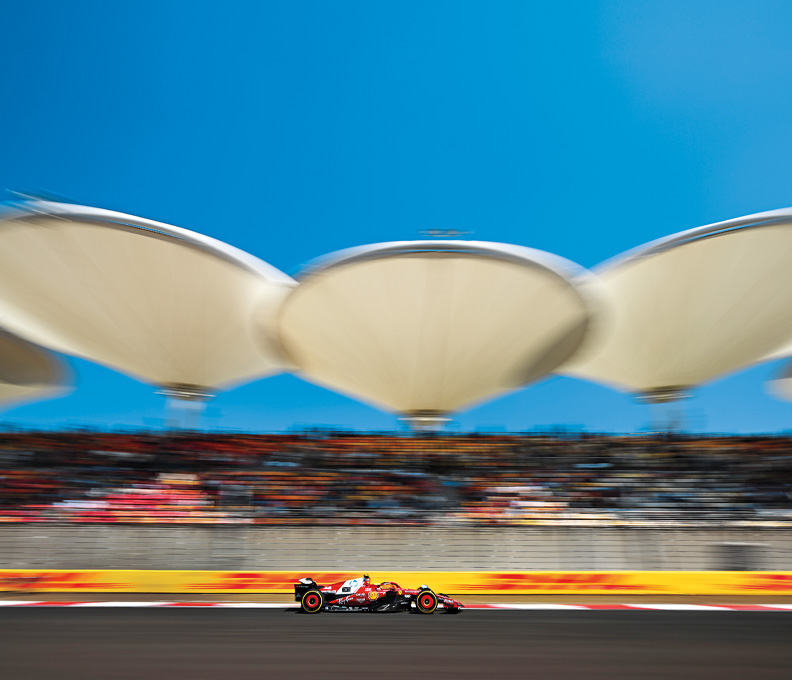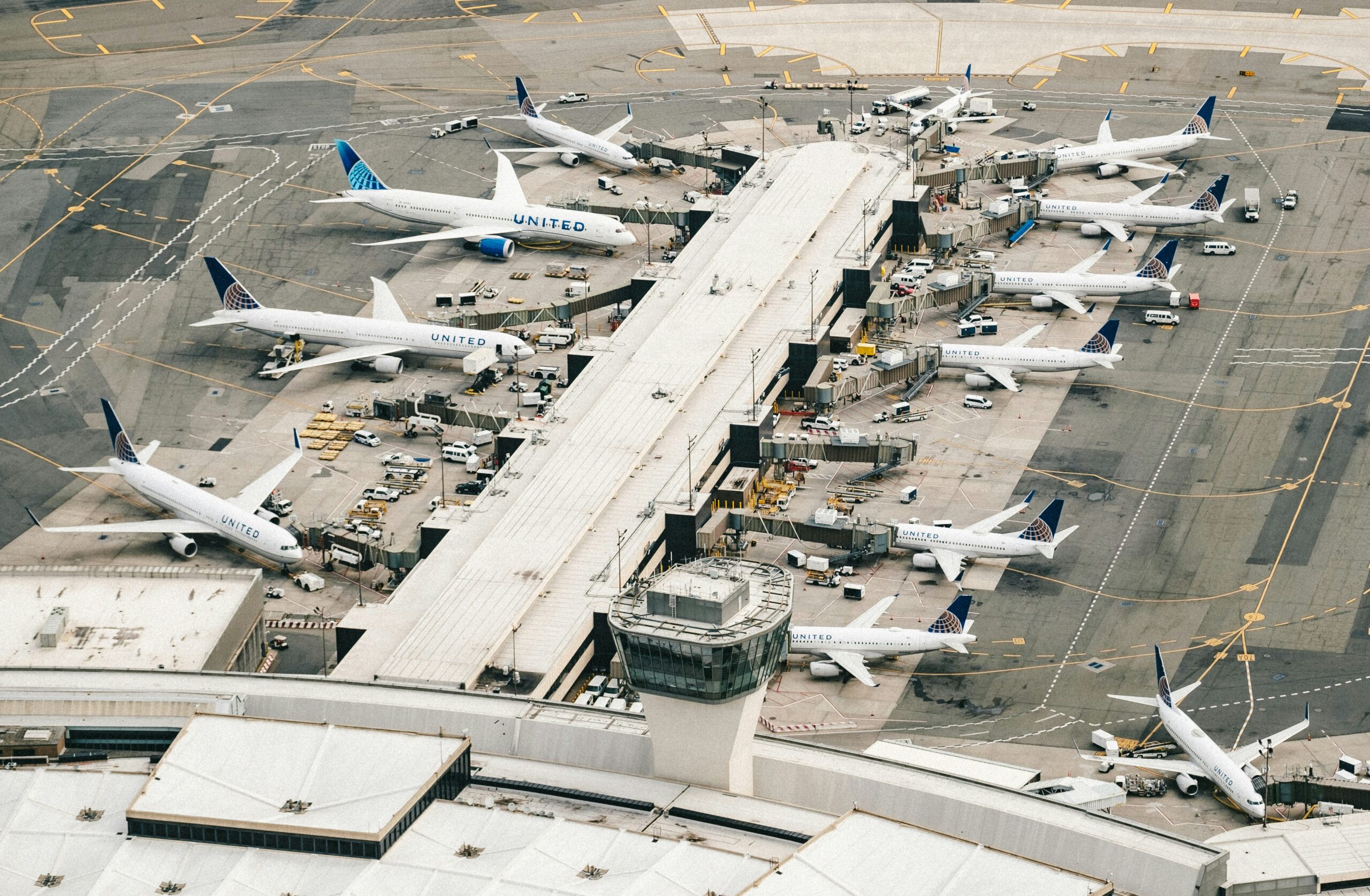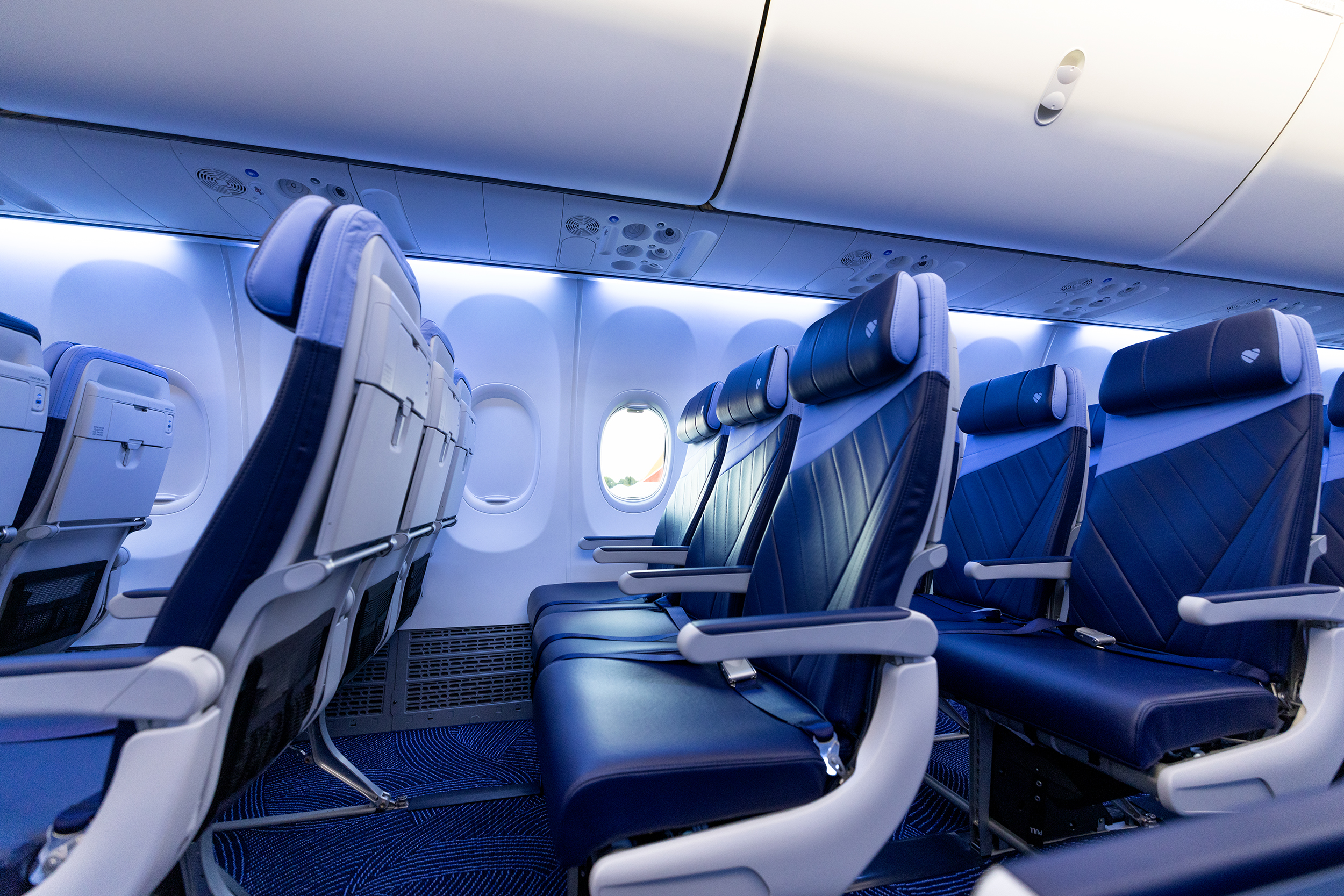Etihad to Bring Back the Airbus A380 in 2023
UAE flag carrier Etihad Airways will reintroduce four Airbus A380s to its fleet next summer after mothballing the superjumbo jets amid the pandemic
by Lauren Smith
December 9, 2022
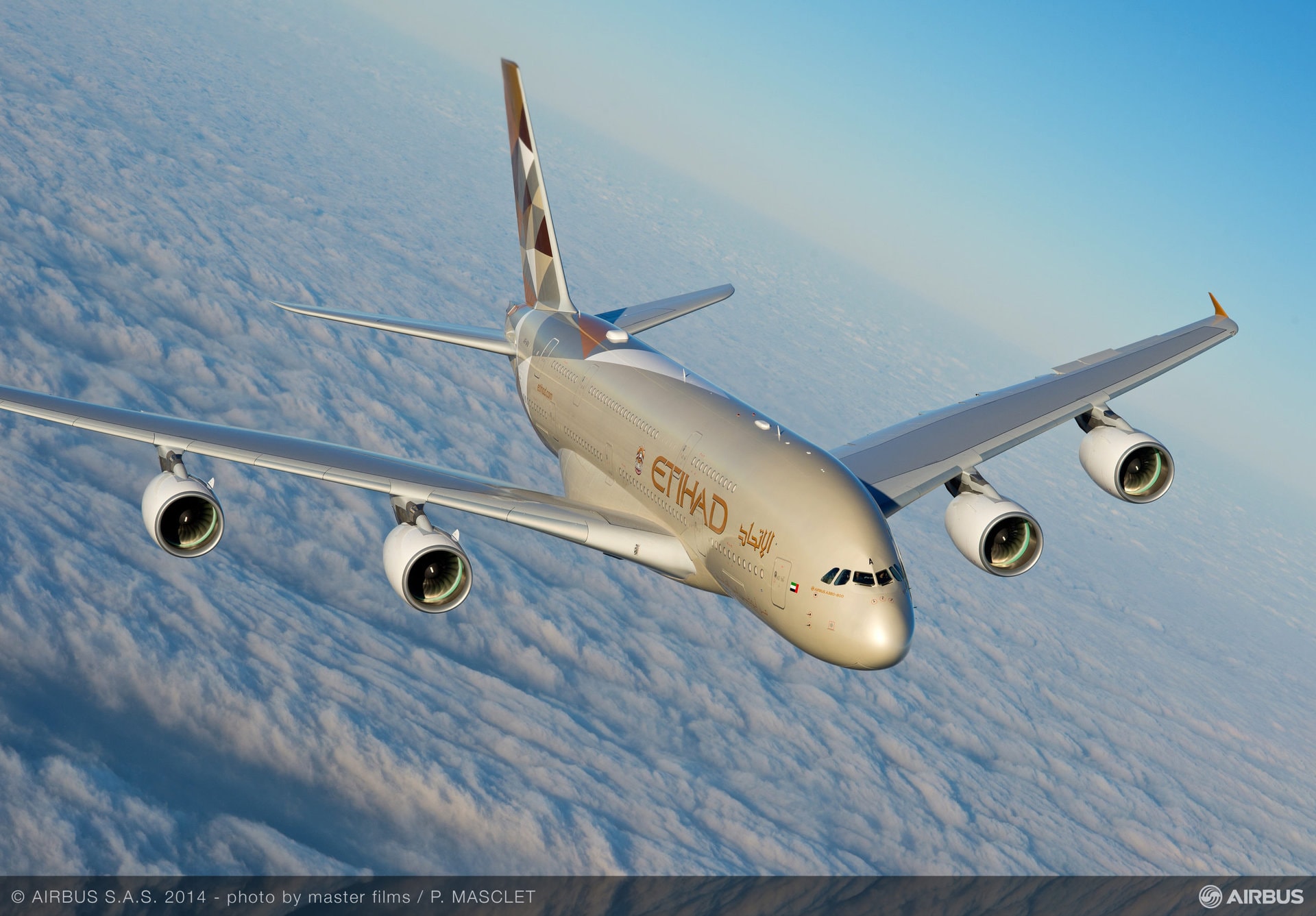
Photo: Courtesy of Airbus
Etihad Airways will return four of its ten A380s into service by deploying the super jumbo on its London Heathrow (LHR) route in the summer of 2023. The double-decker jets will meet robust demand in the British market and free up capacity for the carrier to increase frequencies on its other routes and launch new ones, it said.
“Reintroduction provides a further boost to Etihad’s capacity into the key UK market, with a knock-on effect for the wider GCC and Indian subcontinent that will bring more visitors to the city of Abu Dhabi,” said Mohammed Al Shorafa, chairman of the Etihad Aviation Group.
The superjumbo A380 is the world’s only full-length double-decker airliner and seats a typical 525 passengers, with a maximum capacity of 893.
Many airlines have used the A380’s second level to offer lavish private cabins for first-class travelers. However, Etihad Airways took the luxury to even higher altitudes with the Residence, a three-room suite for a pair of travelers, a bedroom, living room, and bathroom with a shower. The Residence also comes with a dedicated butler and chef for $20,000 one-way from Abu Dhabi to London.
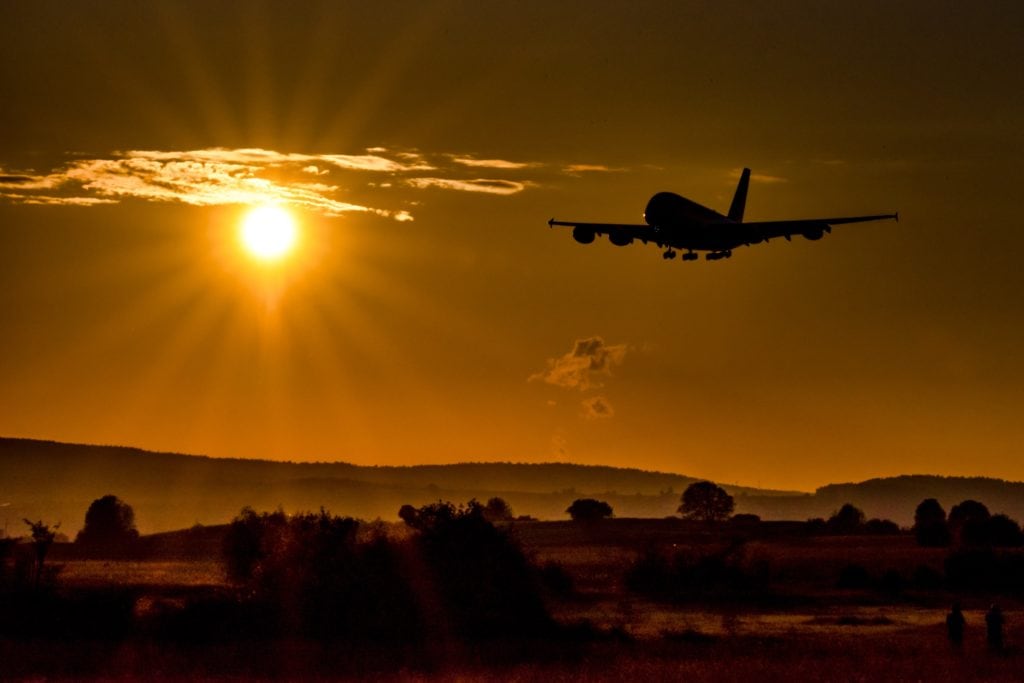
Photo: Courtesy of Robert Hrovat / Unsplash
As the COVID-19 pandemic quashed travel and left airlines cash-strapped, the expensive, flashy A380 began looking increasingly unviable. As a result, most airlines grounded their A380s during the pandemic.
While 223 A380s were in operation at the beginning of March 2020 (of a total of 250 manufactured by Airbus), just four were operating by April.
Only China Southern continued flying its A380s throughout the pandemic. Other planes were parked for over a year, and many carriers, including Korean Air, Thai Airways, and Qatar Airways, announced plans to permanently phase out at least some of their superjumbo jets over the next few years.
When the pandemic ebbed, it might be better to run smaller, more fuel-efficient, and less luxurious aircraft, many forecasted.
Etihad Airways mothballed its fleet of ten A380s in November 2020, seeking to run a leaner airliner. The following spring, all ten of its A380s were placed into deep storage: four in France and six in Spain.
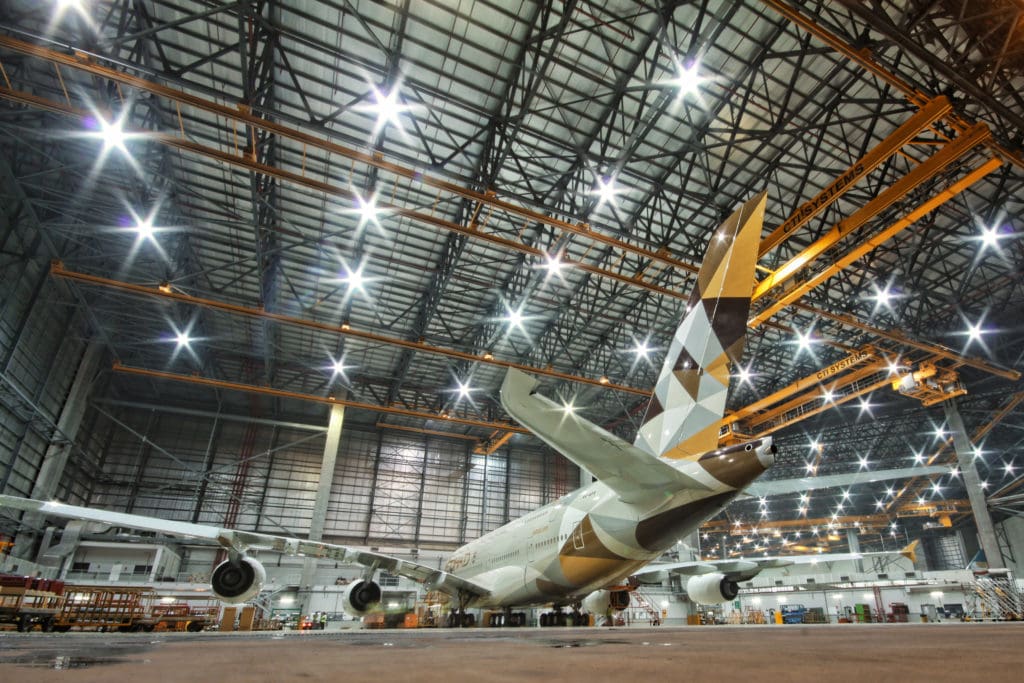
Photo: Courtesy of Etihad Airways
But reports of the A380’s death were greatly exaggerated, and these flying giants have been surprisingly resilient. Australian carrier Qantas has now brought six of its 10 A380s out of storage. Lufthansa announced earlier this year that it will also begin flying three of its A380s by the summer of 2023 to meet a sharp rise in customer demand and offset delays in the delivery of new aircraft. More of its total of 14 superjumbos are likely to follow.
Meanwhile, Etihad Airways was still reviewing the business case for the A380 as recently as September, undecided on its return. But rebounding demand and customer feedback have swayed the UAE carrier and earned the A380 a place on its schedule.
“We know this will be welcomed by our guests who love Etihad’s incredible A380 and its award-winning cabins,” said Antonoaldo Neves, the new CEO of Etihad Airways. “We have decided the time is right to return some of our A380s into the fleet to satisfy the demand, which has made them financially viable once more. We look forward to welcoming our guests again on board this remarkable aircraft.”
While Etihad Airways hasn’t announced plans for its other six A380s, it’s also taking five smaller A320s out of storage to support the four returning to service.
The carrier is preparing the planes to fly again, including recruiting and training pilots, cabin crew, and technical ground staff to run the superjumbo jets.

